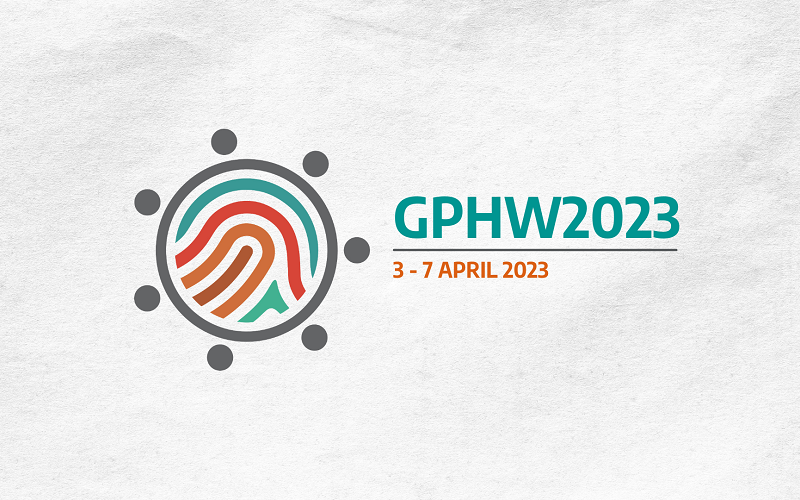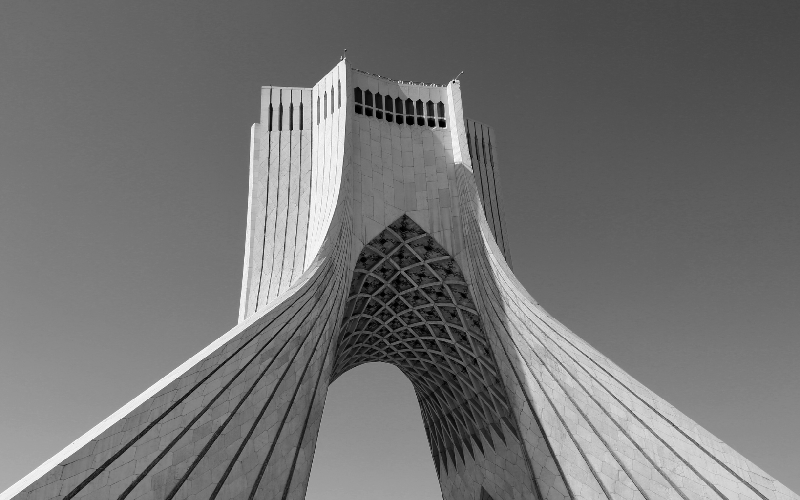The interconnectedness between natural and human systems is well documented and is observable in the sheer breadth and scope of our interactions with nature for procurement of food, water, shelter, and virtually all critical resources we need to survive and thrive. The health benefits we derive from ecosystems are delivered as a consequence of the world’s rich biodiversity, species composition, and complex interwoven ecological processes performed by natural systems. Such processes, in turn, enable ecosystems to perform essential functions that have been collectively grouped as ecosystem services under the categories of provisioning services, regulating services, supporting services, and cultural services, and more recently as Nature’s Contributions to People.
A failure of ecosystems to perform optimally in any of these four categories has direct and dire implications for the health and well-being of humanity. When the microbial richness of soil is depleted due to human intervention, ecosystems cannot provide nutritious food products through agricultural yields. Without adequate animal/insect pollinators, processes of pollination seize to regulate the populations of pollinator-dependent plant species from which we derive essential foods and medicines. When large swathes of forest are destroyed, ecosystems cannot support robust habitats for plants and animals. And when oceans are polluted with garbage or excessive carbon dioxide, marine and coastal environments fail to uphold the cultural value that otherwise renders beaches an important setting for cultural and social gatherings and mental relaxation.
Whereas the great acceleration of the past 70 years has lifted millions from poverty and extended life expectancy, this has wrought devastating impacts upon our natural environment. As public health is fundamentally intertwined with the health and functional performance of ecosystems globally, such devastation represents a reversal of long-sought progress. Ecological breakdown, for example, has been shown to diminish yields and nutrient content of foods, and consequently detriment population health and agriculture-based livelihoods. Degraded ecosystems have profound negative impacts on mental health, particularly amongst indigenous populations. Through multiple impact pathways, anthropogenic interruption to planetary geophysical systems necessary for climate stability amounts to ‘species suicide’. The combined assault on humanity that environmental degradation represents is thus incompatible with a future conducive to human survival and wellbeing.
Examined in isolation, each attack renders massive harm to global health. For example, widespread insect decline is a growing concern, and a complete loss of animal/insect pollinators globally is estimated to place an additional 71 million people at risk for vitamin A deficiency and 173 million people at risk for folate deficiency, while contributing to 1.42 million additional deaths per year from non-communicable and malnutrition-related diseases. Urban environments lacking adequate greenspace suffer from greater air pollution, more frequent heat waves, higher rates of stress and anxiety, and increased non-communicable diseases. Similarly, cutting down trees has been linked to heightened waterborne disease spread due to reductions in flood control and resulting contamination of surface water bodies. Most recently, tropical deforestation, by increasing the frequency of interactions between humans and wildlife species, has proven to be a direct contributor to emerging infectious diseases which can trigger devastating epidemics and pandemics.
As global dialogue on climate change is underway at the 27th Conference of the Parties to the United Nations Framework Convention on Climate Change (COP 27), it is essential to acknowledge and raise concern on the impact of climate change, amongst other anthropogenic disturbances, on ecosystem health and biodiversity worldwide. The IPCC’s Sixth Assessment Report unequivocally articulated the adverse impacts, both current and projected, of climate change on marine and coastal ecosystems, terrestrial and freshwater ecosystems, and production of food, fibre, and other ecosystem products. This is already harming global health.
Due to loss of food production alone, the IPCC projects that climate change will increase the number of people at risk of hunger mid-century by 8-80 million, with rates highest in Sub-Saharan Africa, South Asia, and Central America. Meanwhile, projected increases in extremes of temperature and rainfall variability, droughts, flooding, and sea-level rise are projected to strongly increase the risk of frequent and severe aquatic human pathogen outbreaks in populated coastal areas. Due to changing terrestrial ecosystems and vector ranges, involving species expansion into warmer highland regions, the global burden of vector-borne diseases is also anticipated to rise substantially under various climate modelling scenarios. In essence, increasing parts of the globe will become uninhabitable.
As both the environmental and social determinants of health remain strongly practically and politically linked, the driving forces underpinning many of the social determinants of disease match the socio-economic influences that drive environmental degradation. Thus, injustice permeates all layers of the current socioecological crisis; those least responsible suffer the greatest and the world’s children—and future generations—lose their right to a habitable planet. Delaying action is not an option. Ecosystem-mediated impacts are clearly ubiquitous, and represent the multitude pathways through which climate change will increasingly erode public health if rapid, massive-scale action is not taken to protect biodiversity and imminently restore eroding ecosystem functions. A biosensitive approach requires that we structure our lives respectfully in tune with the natural world, other species, and the ecosystem processes on which our wellbeing stands. Transitioning to a nature-positive economic framework through this approach need not undo those gains as the World Economic Forum projects such a transition could generate US $10.1 trillion in annual business value and create 395 million jobs by 2030.
The WFPHA supports the United Nations’ stance when recognizing that “we are losing our suicidal war against nature” and stressing that “we have a choice: collective action or collective suicide”. It is in this light that the WFPHA affirms the human right to a clean, healthy, and sustainable environment and, in keeping with its commitment to protecting and promoting public health globally, calls upon delegates to COP 27 to:
- Prioritize (health-promoting) nature-based solutions to climate change adaptation, including but not limited to reforestation and afforestation, habitat protection, restorative agricultural practices, mangrove conservation, growth of urban green spaces, and expansion of natural carbon sinks like oceans, forests, peat bogs, and wetlands; and
- Champion the thought leadership and knowledge potential of indigenous groups when identifying best practices for community-based conservation, ecosystem restoration, and sustainable environmental management in the long-term
It is the WFPHA’s deeply held conviction that heeding this call to action is in the best interest of the global public’s health and is fitting with recently hailed principles of One Health that the COVID-19 pandemic has sharply illuminated the need for. While taking this stance, the WFPHA urges other public health bodies to follow suite and to affirmatively echo the WFPHA’s call to action on this matter.







Recent Comments